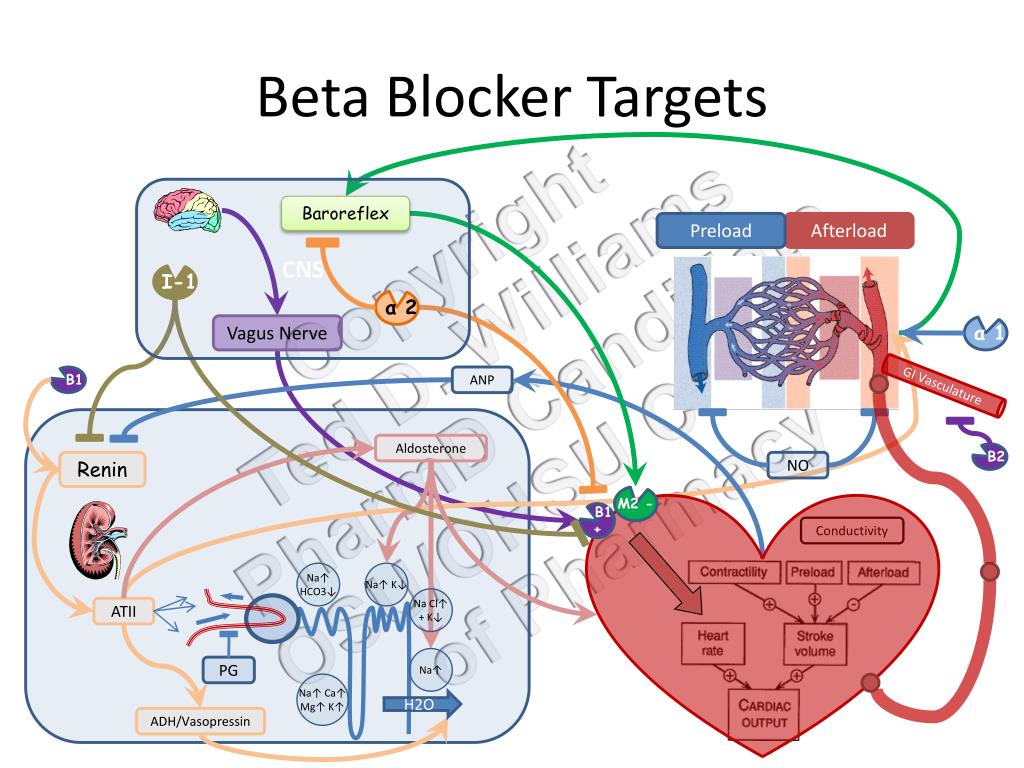The Elusive Golden Blood - Unveiling the World's Rarest and Most Precious Blood Type

What is Golden Blood?
Golden blood, also known as Rh-null, is the rarest blood type in the world, making it a precious treasure in the medical field. This extraordinary blood type lacks all 61 possible antigens in the Rh system, setting it apart from other blood types.
Unveiling the Rarity
The absence of antigens in golden blood makes it uniquely valuable for medical transfusions. Antigens are substances that can trigger an immune response, leading to rejection or adverse reactions. With golden blood, the risk of rejection is significantly minimized, making it a universal donor type.
Characteristics of Golden Blood
- Lacks all 61 possible antigens in the Rh system
- Extremely rare, with only 43 documented cases worldwide
- Universal donor type, compatible with all ABO blood types
- High demand in medical transfusions, particularly for emergency situations
Importance in Medical Transfusions
Golden blood plays a vital role in saving lives, especially in emergency situations where time is crucial. Its universal compatibility makes it an ideal choice for:
- Trauma cases with unknown blood type
- Newborn babies requiring transfusions
- Patients with rare blood types
- Cancer patients undergoing chemotherapy
Conclusion
Golden blood, with its unique characteristics and universal compatibility, is a precious resource in the medical field. Its rarity and value make it a treasured asset, capable of saving countless lives. As research continues to uncover the secrets of this elusive blood type, its significance in transfusion medicine will only continue to grow.
Prevalence of Golden Blood
Golden blood, also known as Rh-null blood, is the rarest and most precious blood type in the world. The scarcity of this blood type makes it highly sought after for medical emergencies.
- Fewer than 50 people worldwide have golden blood, making it an extremely rare occurrence.
- Only nine active donors are known to have this blood type, making it the most precious blood type globally.
The rarity of golden blood is due to the specific genetic combination required to produce it. Individuals with golden blood lack all antigens on their red blood cells, making it compatible with any blood type. This unique characteristic makes golden blood a valuable resource for medical transfusions.
The scarcity of golden blood highlights the importance of blood donation and the need for diverse blood types. Efforts to identify and recruit more golden blood donors are ongoing, as this blood type has the potential to save countless lives in critical medical situations.
Risks Associated with Golden Blood
Individuals with golden blood face a multitude of risks and challenges due to its extreme rarity. Two of the most significant risks are:
1. High Risk of Complications During Medical Procedures
One of the most significant risks associated with golden blood is the high likelihood of complications during medical procedures. Due to its extreme rarity, compatible blood is extremely hard to find, making transfusions and other medical procedures fraught with risk. In emergency situations, this can be particularly dangerous, as there may not be time to search for compatible blood.
2. Challenging Medical Treatment
Golden blood is also very dangerous to live with, as so few people have it, making medical treatment challenging. Even routine medical procedures can become high-stakes endeavors, as healthcare professionals must navigate the complexities of working with such a rare blood type. This can lead to increased stress and anxiety for individuals with golden blood, as well as their loved ones.
Importance of Golden Blood in Medicine
Golden blood, also known as Rh-null blood, is the rarest and most precious blood type in the world. Its significance in medicine cannot be overstated, and it plays a vital role in saving countless lives. In this section, we will delve into the importance of golden blood in medicine and why it is considered a treasure in the medical field.
Universal Donor
One of the primary reasons golden blood is so valuable is that it can be transfused to anyone with ABO blood types, including A, B, AB, and O. This versatility makes it a universal donor type, which is crucial in emergency situations where there is no time to determine the recipient's blood type. Golden blood can be transfused in situations where other blood types may not be compatible, increasing the chances of survival for patients in critical condition.
Emergency Situations
In emergency situations, such as massive bleeding or traumatic injuries, golden blood can be a lifesaver. Its universal compatibility makes it an ideal choice for transfusions when there is no time to waste. Additionally, golden blood is often used in situations where the patient's blood type is unknown, such as in cases of trauma or disaster victims.
Rarity and Demand
The rarity of golden blood adds to its importance in medicine. With only a handful of donors worldwide, the demand for this precious blood type far exceeds the supply. This scarcity makes it essential to conserve and utilize golden blood judiciously, ensuring it is available for those who need it most.
Medical Research
Golden blood also plays a significant role in medical research, particularly in the fields of hematology and transfusion medicine. Studying this rare blood type can provide valuable insights into the human immune system and the development of new treatments for blood-related disorders.
In conclusion, golden blood is a precious resource in medicine, offering a lifeline in emergency situations and a valuable tool for medical research. Its rarity and versatility make it a treasure that must be cherished and utilized wisely.
Conclusion
In conclusion, golden blood is a rare and precious resource that holds significant importance in the medical field. With only a handful of known cases worldwide, its rarity and versatility make it a highly sought-after blood type. As we continue to advance in medical research and technology, it is crucial that we prioritize the identification and protection of individuals with this unique blood type.
The significance of golden blood lies not only in its rarity but also in its potential to save countless lives. Its universal compatibility makes it an invaluable resource for medical emergencies, and its study can lead to groundbreaking discoveries in the field of transfusion medicine. Therefore, concerted efforts should be made to:
- Identify and register individuals with golden blood
- Conduct extensive research to understand its properties and applications
- Develop strategies for its conservation and safe usage
- Raise awareness about its importance and encourage voluntary donations
By working together, we can unlock the full potential of golden blood and harness its power to transform the lives of patients in need. The elusive golden blood may be rare, but its impact can be immense – and it's up to us to make the most of this precious resource.















Comments ()